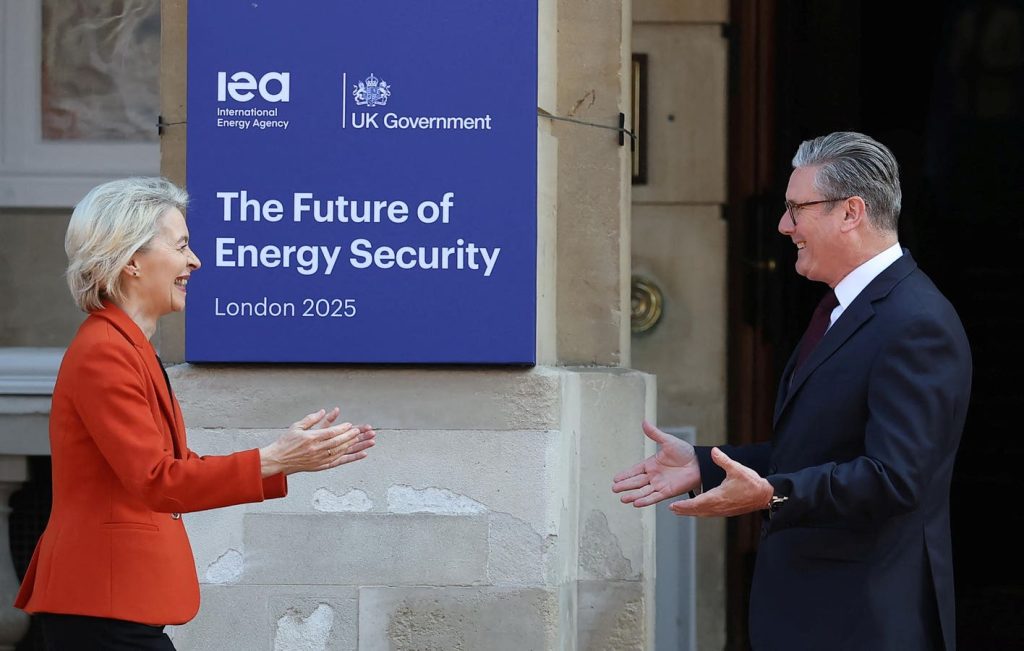Energy security is a critical concept that underpins a sustainable and resilient global energy landscape. Central to it are three foundational principles: diversification of energy sources, ensuring policy predictability, and fostering international cooperation. Europe, as a member of the EU, has been closely aligned with these principles, as seen in its Energy Security Strategy. Historically, Europe’s reliance on Russia’s gas supply contributed significantly to market instability and energy dependence, which may now be addressed through increased diversification and self-sufficiency in renewable energy.
The UK’s energy security strategy emphasizes investing in energy transition to strengthen the homegrown energy sector, addressing concerns about supply vulnerabilities. Prime Minister Keir Starmer and the European Commission’s Ursula von der Leyen both highlighted the Homegrown renewables’ role in reducing dependence on fossil fuels and enhancing resilience through strategic investments. However, limiting the appeal of energy transitions as a definitive strategy hinges on overcoming technical and historical barriers, particularly the reliance on costly infrastructure and the necessity for bipartite cooperation.
This period brings up significant questions about the fairness of energy security—what happens in one region and how it impacts others. Europe’s adapted approach within this context underscores the need for global cooperation in addressing technological and奔跑 challenges.













